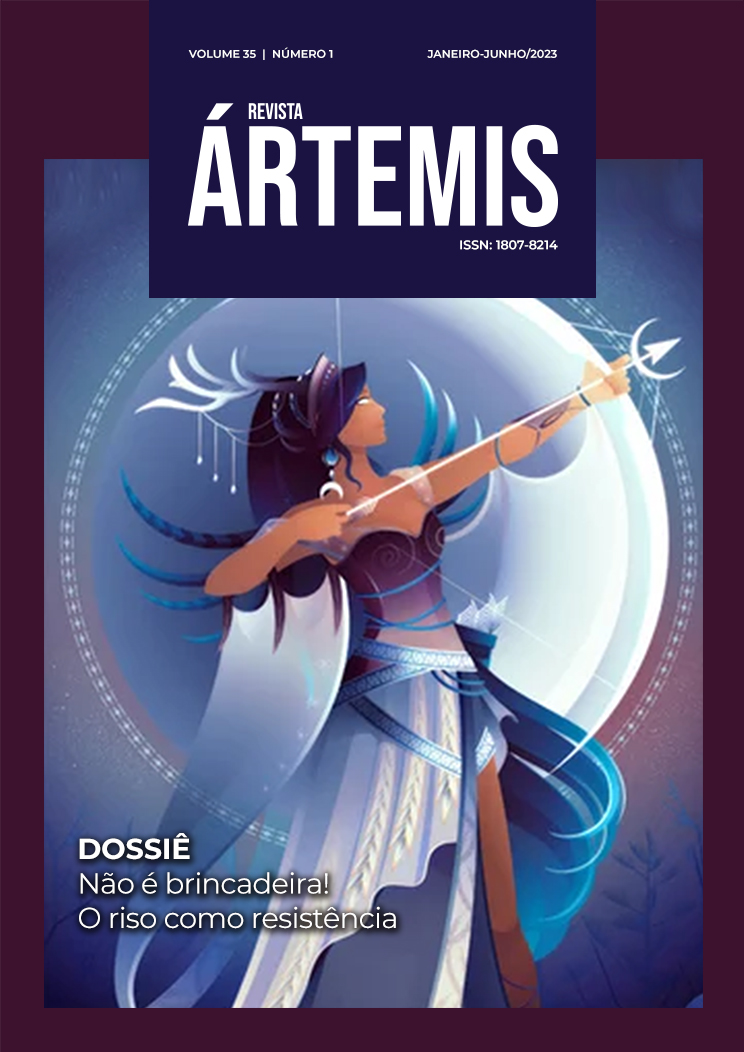The Latin American subaltern poetic: feminist decolonization in Krudxs Cubensi
Keywords:
Canção latino-americana, Lírica subalterna latino-americana, Decolonização, Feminismo(s) Decolonial(is), Krudxs CubensiAbstract
This research presents an analysis of the lyrical poetics of the song “Mi cuerpo es mío” (2014), by the Latin American feminist raperas duo Krudxs Cubensi, and aims to study Latin American artists and their poetic and musical production, by their reflections on social denunciation and for promoting questions about the emancipation and decolonization of women, from the perspective of Latin American decolonial feminisms. The following questions prompt this research: “How are the subaltern conditions of the musical artists selected in this corpus characterized in their social, cultural and historical contexts?”; “How these songs present the resumption of women's voice in their contexts?”; and, “How the feminist movements are presented in these contemporary Latin American songs?”. Therefore, the intention is to understand the sociocultural context of these artists as Latin American subjects; how the thematic contents and stylistic resources of the poetic and artistic language are raised by the singers in their songs; and relate the thematic contents to the formal ones, observing the criticism expressed in the songs and its relation with the issue of Latin American subaltern subjects, based on feminist theories. The study was carried out as a qualitative bibliographic research. To understand the poetic content of the songs as a Latin American subalternity, as well as the contexts of these women artists, decolonial feminist theorists were consulted: Anzaldúa (2019b), Bairros (2020), Berth (2019), Biroli (2014b), Carneiro ( 2019b), Gonzalez (2020), Hollanda (2020), Louro (2019), Lorde (2019c, 2019d), Lugones (2020), Preciado (2019b) and others. Based on the discussion promoted, it was understood that, by occupying their spaces and voices as women, these artists reveal a great feminist critical character about current Latin American social problems, emancipating themselves from colonial, patriarchal and sexist models, and promoting the emancipation of other women.







